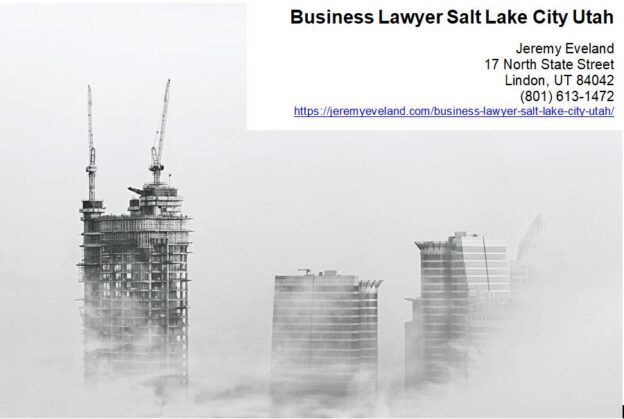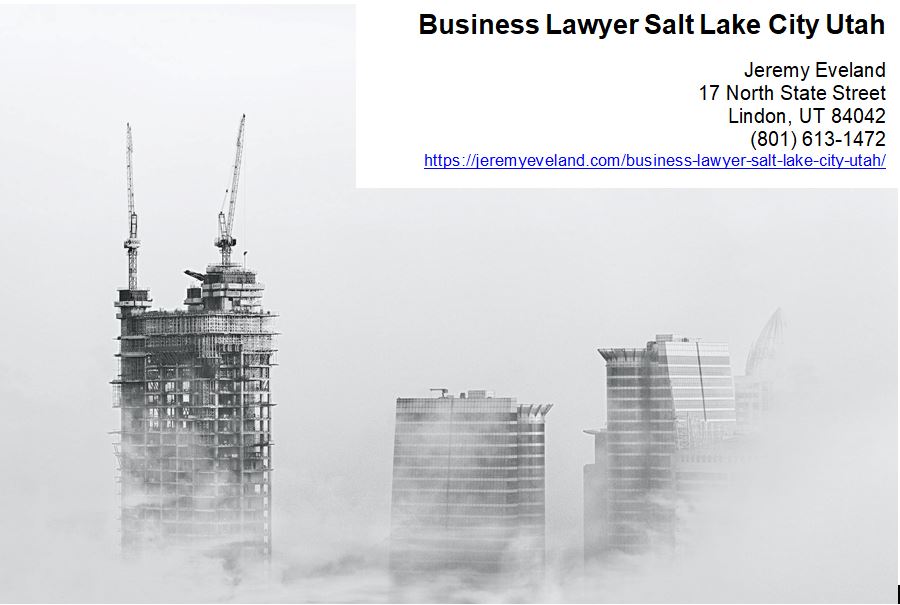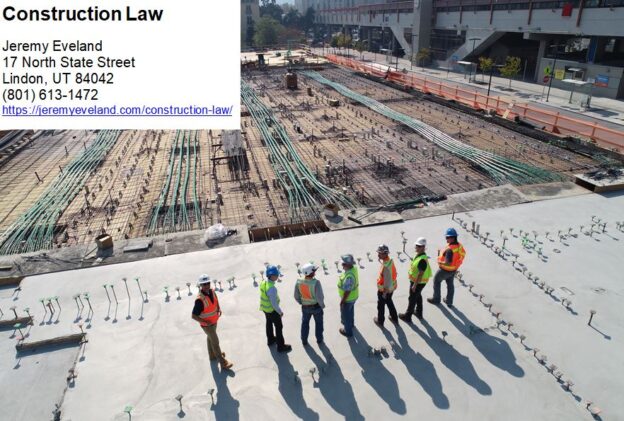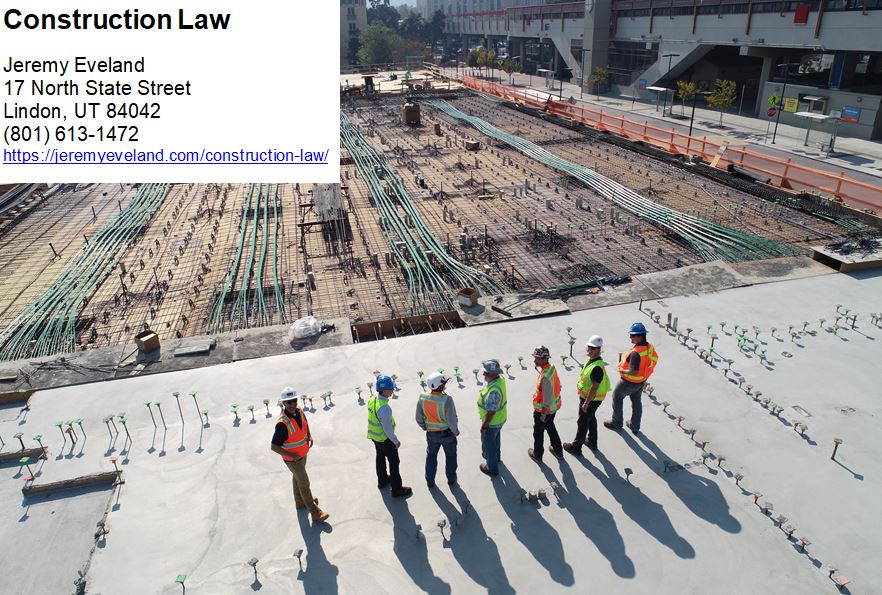Ensuring I-9 compliance is a critical task for construction companies. As an employer in the construction industry, it is crucial to understand the importance of properly completing, maintaining, and retaining the Employment Eligibility Verification Form I-9 for each employee. Failure to do so can result in severe consequences, including hefty fines and penalties. In this article, we will explore the key aspects of I-9 compliance for construction companies, including the essential steps to follow, common challenges faced, and the benefits of maintaining a compliant workforce. By the end of this article, you will have a comprehensive understanding of the I-9 compliance requirements and be equipped with vital information to ensure your construction company remains in full compliance with the law.
Understanding I-9 Compliance
What is I-9 Compliance?
I-9 compliance refers to the process of verifying the identity and employment authorization of individuals hired for employment in the United States. It is required by the Immigration Reform and Control Act (IRCA) and is overseen by the U.S. Citizenship and Immigration Services (USCIS). The purpose of I-9 compliance is to ensure that employers hire individuals who are legally authorized to work in the country.
Why is I-9 Compliance Important?
I-9 compliance is crucial for construction companies as it helps employers maintain a legal workforce and prevent the hiring of individuals without proper authorization. By complying with the I-9 requirements, construction companies can avoid potential fines and penalties associated with non-compliance. Additionally, I-9 compliance helps promote fair employment practices and ensures that individuals are not subject to discrimination based on their immigration status.
Who Does I-9 Compliance Apply to?
I-9 compliance applies to all employers, including construction companies, who hire individuals for employment within the United States. It applies to both U.S. citizens and noncitizens. Regardless of the size of the company or the number of employees, all employers must complete and retain the Form I-9 for each new hire.
Consequences of Non-Compliance
Non-compliance with I-9 requirements can result in significant consequences for construction companies. Penalties for non-compliance range from monetary fines to criminal charges, depending on the severity of the violation. Employers who knowingly hire unauthorized workers may face even more severe penalties. Non-compliance can also lead to damage to a company’s reputation and potential legal disputes. It is crucial for construction companies to prioritize I-9 compliance to avoid these negative consequences.
I-9 Compliance Requirements
Completing Form I-9
Completing Form I-9 is the first step in the I-9 compliance process. Employers must ensure that Section 1 of Form I-9 is completed by the employee on or before their start date. This section requires employees to provide their full legal name, date of birth, contact information, and attest to their immigration status and employment authorization.
Verification Process
Once Section 1 of Form I-9 is completed by the employee, employers must complete Section 2 within three business days of the employee’s start date. In this section, employers must physically review and document the employee’s identity and employment authorization documents. The documents must be original, unexpired, and must establish both the employee’s identity and employment authorization.
Document Acceptance and Validity
Employers must carefully review the documents provided by the employee to ensure their authenticity and validity. Only certain documents are acceptable for verifying identity and employment authorization, and employers must follow the specific guidelines provided by the USCIS. Acceptable documents include a combination of passports, driver’s licenses, Social Security cards, and employment authorization documents.
Retaining and Storing Form I-9
Employers must retain and store Form I-9 for each employee for a certain period. Generally, employers must keep the forms for at least three years from the date of hire or one year after the employee’s termination, whichever is later. The forms must be stored either physically or electronically in a manner that is easily retrievable for inspection by authorized government officials.
Reverification and Updates
In certain situations, employers may need to reverify an employee’s employment authorization. This typically occurs when an employee’s work permit or immigration status expires. Employers must ensure that the reverification process is completed within the specified timeframe and that any updates to the employee’s information on Form I-9 are accurately documented.
Specific Considerations for Construction Companies
Unique Employment Situations in Construction
Construction companies often face unique employment situations due to the nature of their work. They may experience frequent turnover, reliance on subcontractors, and a mix of temporary and seasonal workers. These factors can complicate the I-9 compliance process, making it even more important for construction companies to establish robust compliance programs.
Managing Temporary and Seasonal Workers
Construction companies often employ temporary or seasonal workers to meet project demands. When hiring these workers, it is crucial to ensure that the I-9 compliance process is followed diligently. Employers must complete Form I-9 for each temporary or seasonal worker, verify their documents, and properly store the forms according to the retention requirements.
Independent Contractors and Subcontracting
Many construction companies engage independent contractors and subcontractors to perform specific tasks or projects. While independent contractors are responsible for their own I-9 compliance, construction companies must still exercise due diligence in ensuring that contractors they engage are authorized to work in the United States. It is essential to properly document and retain the necessary paperwork to demonstrate compliance.
Worksite Audits and Remote Hiring
Construction companies may encounter worksite audits conducted by government agencies to ensure compliance with I-9 requirements. It is vital to maintain accurate and up-to-date I-9 records to avoid penalties during these audits. Additionally, construction companies that employ remote workers must devise strategies to verify identity and work authorization while adhering to I-9 compliance standards.
Establishing an I-9 Compliance Program
Designating a Responsible Officer
To ensure effective I-9 compliance, construction companies should designate a responsible officer or team to oversee the completion, verification, and retention of Form I-9. This officer should stay updated on I-9 requirements and communicate the importance of compliance to all employees.
Developing Internal Policies and Procedures
Construction companies should develop internal policies and procedures that outline the steps and protocols for I-9 compliance. These policies should include guidelines on completing the form, verifying documents, and handling reverification and updates. Clear and well-documented procedures help ensure consistency and minimize the risk of non-compliance.
Training Staff on I-9 Completion
Proper training of staff members involved in the I-9 completion process is critical. Construction companies should provide comprehensive training sessions to HR staff and other employees responsible for completing and verifying Form I-9. Training should cover relevant laws, regulations, and guidelines to ensure accuracy and consistency in the process.
Implementing Regular Compliance Audits
Regular compliance audits are an essential part of an effective I-9 compliance program. Construction companies should conduct internal audits to identify any errors or deficiencies in the I-9 process and take corrective actions promptly. These audits help companies identify areas of improvement, maintain accurate records, and reduce the risk of non-compliance.
Seeking Legal Counsel for Guidance
Construction companies should consider engaging legal counsel with expertise in immigration and employment law to seek guidance on I-9 compliance. An experienced attorney can provide specific advice tailored to the construction industry, review internal policies and procedures, and help address any compliance concerns or potential legal issues.
Common I-9 Compliance Mistakes
Inaccurate or Incomplete Form I-9
One common mistake in I-9 compliance is the inaccurate or incomplete completion of Form I-9. This may include missing information, failure to sign and date the form, or providing incorrect employment dates. Construction companies must ensure that all required fields are accurately completed and that the form is properly executed.
Improper Document Verification
Another common mistake is improper document verification. Construction companies may unintentionally accept invalid or fraudulent documents, leading to non-compliance. Employers should diligently review the presented documents, follow the USCIS guidelines, and seek expert guidance if there are any concerns about document validity.
Late or Inadequate Reverification
Failure to timely and adequately reverify an employee’s employment authorization is another common mistake. Construction companies must establish processes to track expiration dates and ensure timely verification or updating of authorizations. Late or inadequate reverification can result in penalties and potential legal consequences.
Incorrect Retention and Storage
Improper retention and storage of Form I-9 can also lead to non-compliance. Construction companies must strictly adhere to the retention requirements and establish secure storage systems that protect the forms from loss, theft, or unauthorized access. Failure to retain or produce the forms during an audit can result in penalties and fines.
Failure to Consistently Follow Procedures
Consistency is crucial in I-9 compliance. Failure to consistently follow procedures and guidelines can lead to noncompliance and potential discrimination claims. Construction companies should ensure that all individuals involved in the I-9 completion process are trained and regularly audited for adherence to established procedures.
Ongoing Compliance and Self-Audits
Internal Audit Tools and Resources
Construction companies can utilize various tools and resources to conduct ongoing compliance audits. Internal audit software and checklists specific to I-9 compliance can help identify any errors or deficiencies in the process. These tools can assist in maintaining accurate records and minimizing the risk of non-compliance.
Identifying and Correcting Errors
Regular self-audits provide an opportunity to identify and correct any errors in the I-9 process. Construction companies should promptly rectify any identified mistakes and update the forms accordingly. Taking proactive measures to address errors demonstrates a commitment to compliance and mitigates the risk of penalties.
Training and Education for HR Staff
Continued training and education for HR staff is vital in maintaining ongoing compliance. Construction companies should provide regular updates on changes in I-9 requirements, best practices, and any relevant legal developments. This ongoing education helps ensure that HR staff members are knowledgeable and capable of executing their responsibilities accurately.
Documenting Compliance Efforts
Construction companies should maintain comprehensive documentation of their ongoing compliance efforts. This documentation should include details of self-audits, training programs, policy updates, and any corrective actions taken to address compliance issues. Documenting compliance efforts can assist in demonstrating good-faith efforts in the event of an audit or investigation.
Seeking External Audit Assistance
For added assurance and peace of mind, construction companies may choose to seek external audit assistance from legal professionals or specialized audit firms. External audits can provide an impartial review of the company’s I-9 compliance and help identify any potential areas for improvement or risk. Such audits can offer valuable insights and guidance to enhance ongoing compliance efforts.
Responding to I-9 Audits and Investigations
Receiving an Audit Notice
If a construction company receives an audit notice from the government, it is essential to respond promptly and thoroughly. Failure to respond or cooperate with an audit can result in severe consequences. Employers should designate a responsible officer to handle the audit process and gather the necessary documentation.
Gathering and Preparing Required Documentation
When faced with an audit or investigation, construction companies must gather and prepare all required documentation promptly. This includes copies of Form I-9 for all employees, supporting documents, and any other relevant records. Thorough document organization and preparation can help streamline the audit process and demonstrate good-faith compliance efforts.
Cooperating with Government Officials
Cooperating with government officials during an I-9 audit or investigation is crucial. Construction companies should provide requested information in a timely manner and maintain open lines of communication with the officials. Transparency and cooperation can help minimize disruptions to business operations and potentially mitigate penalties.
Addressing Discrepancies or Violations
If discrepancies or violations are identified during an audit or investigation, construction companies should take prompt action to address and rectify the issues. This may involve correcting any errors in Form I-9 or implementing corrective measures to ensure compliance moving forward. Consulting with legal counsel can provide guidance on the best course of action.
Legal Assistance for Audits and Investigations
Engaging legal assistance during I-9 audits or investigations can be highly beneficial for construction companies. A skilled compliance attorney can navigate the complexities of the audit process, represent the company’s interests, and provide advice on addressing any compliance concerns or potential legal violations. Legal assistance can help protect a company’s rights and minimize penalties.
How a Compliance Attorney Can Help
Understanding Complex Employment Laws
A compliance attorney specializing in immigration and employment law can provide expert insights into the complex legal landscape surrounding I-9 compliance. They stay updated on relevant laws, regulations, and precedents and can help construction companies navigate the intricacies of compliance to avoid potential pitfalls.
Creating Customized Compliance Strategies
An experienced compliance attorney can assess a construction company’s unique circumstances and develop customized compliance strategies. They can analyze the company’s workforce, identify potential risks, and establish tailored policies and procedures to ensure ongoing compliance. Customized strategies help construction companies prioritize compliance while aligning with their operational goals.
Providing Ongoing Legal Support
By engaging a compliance attorney, construction companies gain access to ongoing legal support. Attorneys can address any queries or concerns related to I-9 compliance, provide guidance on day-to-day compliance issues, and assist with the interpretation of changing regulations. With legal support, construction companies can proactively address compliance matters before they escalate into legal issues.
Representing Companies in Legal Proceedings
In the event that a construction company faces legal proceedings related to I-9 compliance, a compliance attorney can provide competent representation. Attorneys with experience in employment and immigration law can advocate for the company’s interests, present a strong defense, and help navigate the legal process to achieve the most favorable outcome.
Minimizing Penalties and Fines
A compliance attorney’s expertise in I-9 compliance can help construction companies minimize penalties and fines associated with non-compliance. Attorneys can assess the severity of any violations, negotiate with government agencies, and develop strategies to mitigate potential financial consequences. Minimizing penalties helps protect a company’s financial stability and reputation.
FAQs about I-9 Compliance for Construction Companies
- What is the purpose of Form I-9?
Form I-9 is used to verify the identity and employment authorization of individuals hired for employment in the United States. It ensures that employers hire individuals who are legally authorized to work and helps prevent discrimination based on immigration status.
- Are there any exceptions for certain construction workers?
While there are some limited exceptions, most construction workers are subject to the same I-9 compliance requirements as any other employees. Exceptions may exist for workers employed by certain government or international organizations.
- Can I accept copies of documents for verification?
No, employers must physically review and document original, unexpired documents provided by the employee to establish identity and employment authorization. Copies of documents are not acceptable for verification.
- How long do I need to retain completed I-9 forms?
Employers must retain completed Form I-9 for at least three years from the date of hire or one year after the employee’s termination, whichever is later. The forms must be stored securely and made available for inspection by authorized government officials.
- What should I do if a worker’s employment authorization expires?
If a worker’s employment authorization expires, employers must promptly reverify the employee’s authorization to work in the United States. This involves completing Section 3 of Form I-9 and documenting the updated information. The reverification process must be completed within the specified timeframe.
















